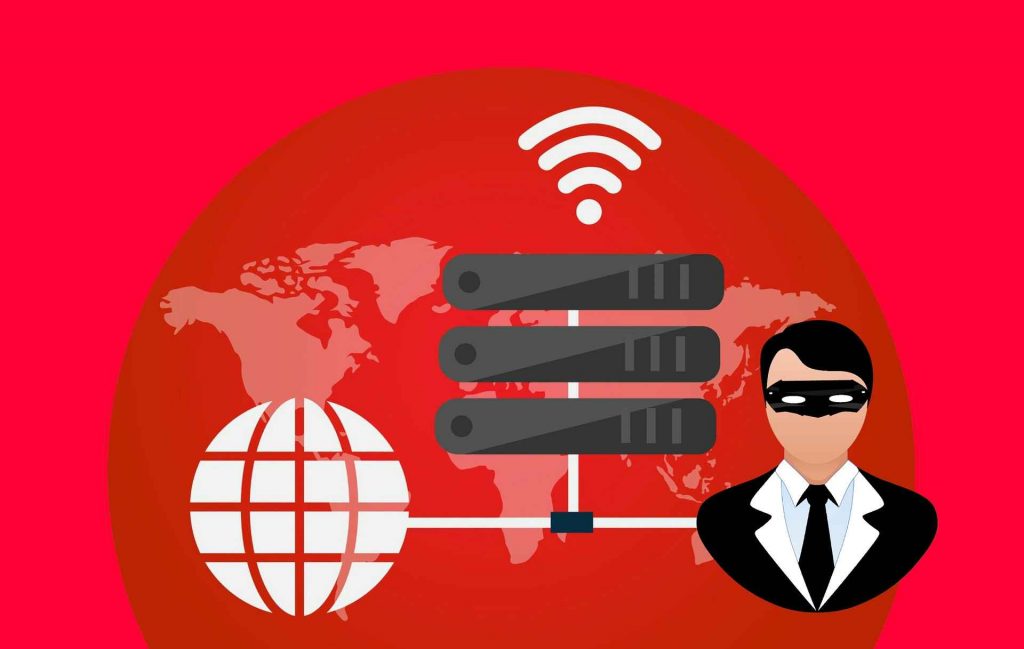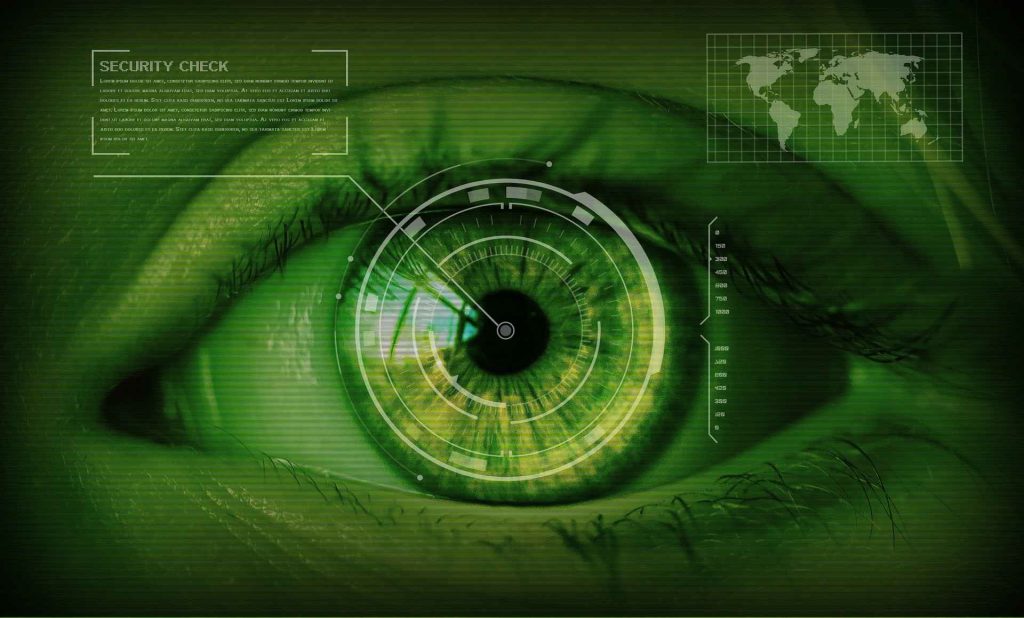There is a wide-ranging variety of misconceptions people have about VPNs. The Internet works on networks that give you access to centrally stored data. But not all networks are safe for your data. Hacking and stealing pieces of digital information are becoming aggressive nowadays.
VPNs help you to disguise your identity while establishing a protected network for internet optimization, proving to be a great help in today’s times. But is it as clean as it sounds? Let us find out.
Here is the working of VPNs and the five misconceptions people have about VPNs.
What is a VPN?
So, what is a VPN? The answer to this question lies in its full form, i.e., Virtual Private Network. VPN works to hide the IP address and gives you a private network that bars any unwanted external access by redirecting the network to the VPN server that becomes the source.
With VPN, even your Internet Service Provider (ISP) will achieve zero records of your recent browsing. It is because of the encryption process. An encryption key is a requirement for extracting any kind of data information. And with end-to-end encryption provided by VPN, tracking data would not be possible.
What is a VPN? To answer this question more vividly, here is a brief of five misconceptions people have about VPNs.
1. VPNs Are For Illegal Browsers
VPN ushers you with different private network alternatives that are of use beyond downloading pirated movies and web shows. Getting the liberty to engage in any shady business or illegal downloading is not what VPN encourages. Undoubtedly many have taken advantage of this privilege for the notorious work.

There are many instances when you are stuck with using public wi-fi. During such times, VPN maintains your anonymity and protects your data from any possible theft, tracking, and surveillance.
In some countries, there is authoritative control over using VPNs. That is because the government aspires to track all online activities.
2. VPNs Slow Down The Internet
VPNs are a complex technology with complex functioning. They encrypt your data into codes and route it via the VPN server. Hence, the decryption of the code happens. The encryption process is usually long as an additional server is involved. It can give you a slight drop in speed.
However, if you start using the closest location server for your internet, slow internet can be a problem of the old days. Paid VPNs are a better option as they serve a quality network connection that is more speedy and secure.
3. VPNs Give You Complete Anonymity
VPN does make you anonymous but not entirely. Some VPNs do not collect logs and offer credible anonymity to their users. Whereas some VPNs collect logs. Log files provide a complete history of online activities over time. Many paid VPNs perform better in this area than the free versions.

The topic of digital anonymity is intricate and involves a lot of factors, like ISP, the government, websites, etc. And not all collection of information is done with harmful intentions. Data storage is also for personalizing your internet experience.
4. Free VPNs Will Do The Job
Many free VPN providers sell their user data in exchange for money. There is an extensive market for trading data. The ads you see on VPNs are because of the sold data to serve you targeted ads while using the server.
While the paid options of VPNs are generally careful and offer more quality services to their customers. Paid VPNs sustain through subscription fees and are less likely to opt for cynical decisions. Paid VPNs also provide better speed, secure network infrastructure, ads-free operation, and long-term access to their users.
5. VPNs Protect You From Everything
VPN is a tool that provides end-to-end encryption to your traffic. But it doesn’t give you the freedom to browse foolishly. It only makes you anonymous, not untouchable. A VPN will not stop you from voluntarily sharing your personal information. Although some paid VPNs warn you of questionable activities but are not strong enough to halt you if you decide to trust suspicious links.
Even if you have a VPN, you will still need an antivirus. An antivirus is the best tool to form a defense against malware infecting your device. Like everything, VPNs also come with limitations.
Conclusion
VPNs majorly serve in three categories, i.e., Security, Privacy, and Anonymity. This era is of digitalization. As the reach of the internet grows, it simultaneously nurtures the cons. Countless cyber frauds are happening through a single click. It becomes essential for everyone to practice basic safety precautions while they are present on the internet.
Free and paid VPNs are an appealing idea to cater to security on the internet. Cybersecurity experts encourage you to form protection layering with quality tools. VPN and antivirus software has become the need of an hour.
Disclosure: If we like a product or service, we might refer them to our readers via an affiliate link, which means we may receive a referral commission from the sale if you buy the product that we recommended, read more about that in our affiliate disclosure.
Source: Tech Follows





